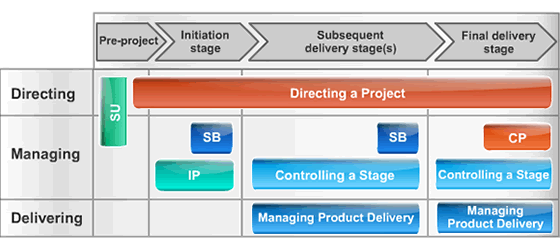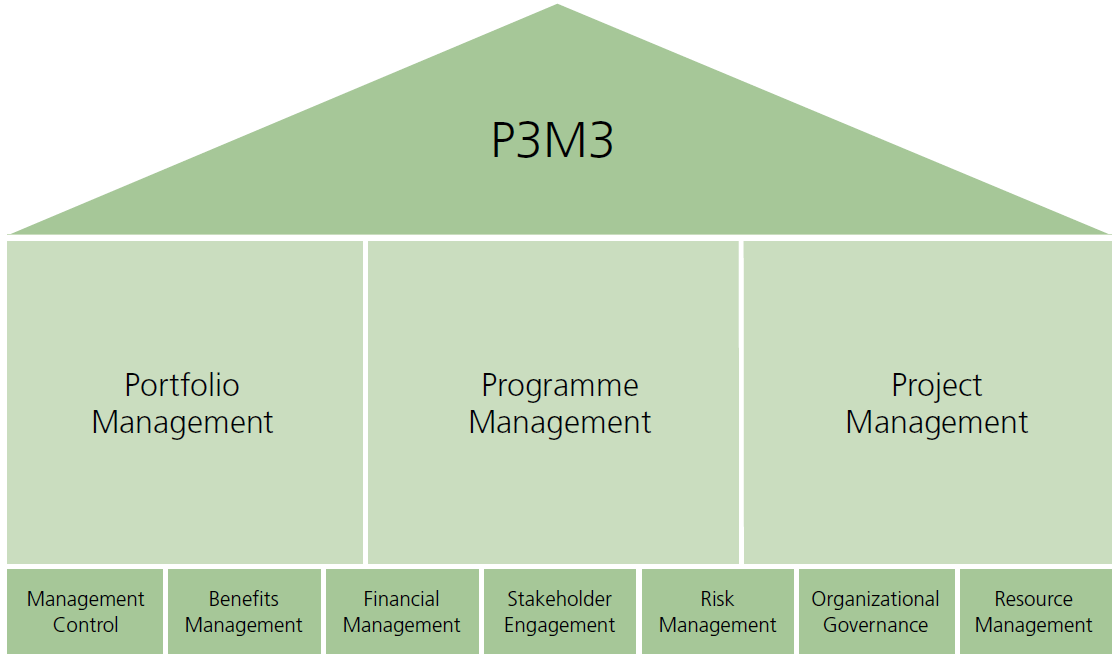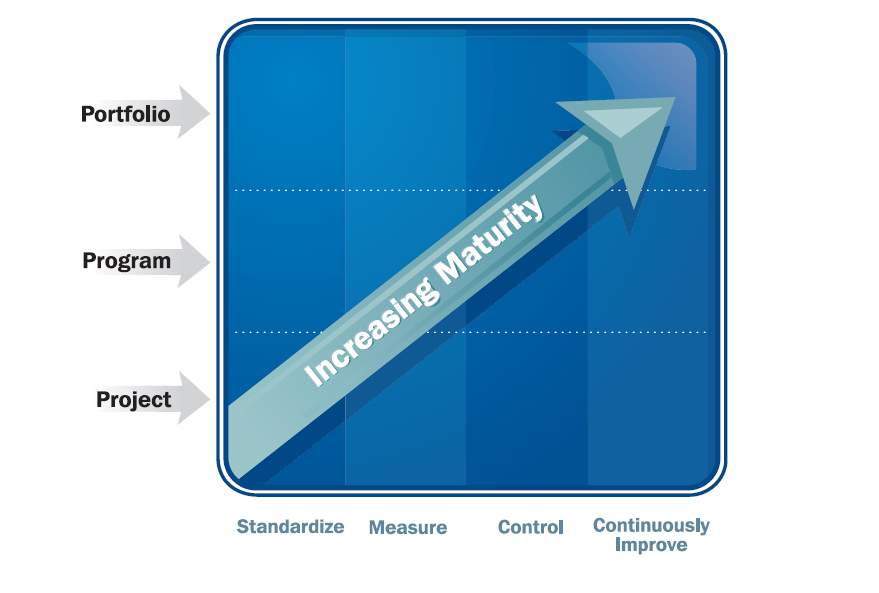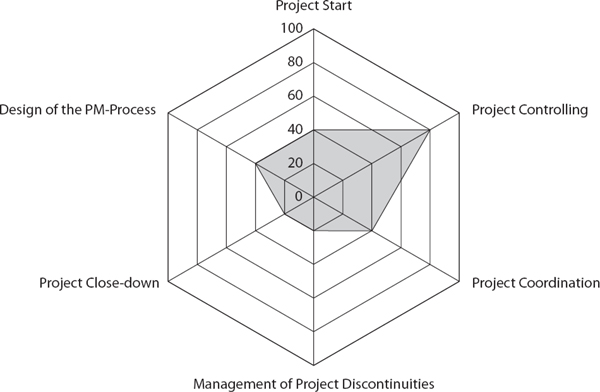PRINCE2 is one of the world’s most widely used project management methodology. It was originally developed for UK government IT projects, its use has been widened to large projects of all kinds, and it has been taken up internationally in more countries in both public and private sectors such as police forces, telecommunication companies, banks, as well as other large commercial organisations and also used in enterprise resource planning implementations.
PRINCE2 stands for Projects in Controlled Environment and it was developed at a time when the UK government was outsourcing an increasing amount of its work, and the methodology incorporates best practice on the integration of internal teams and external agencies.… Read the rest





